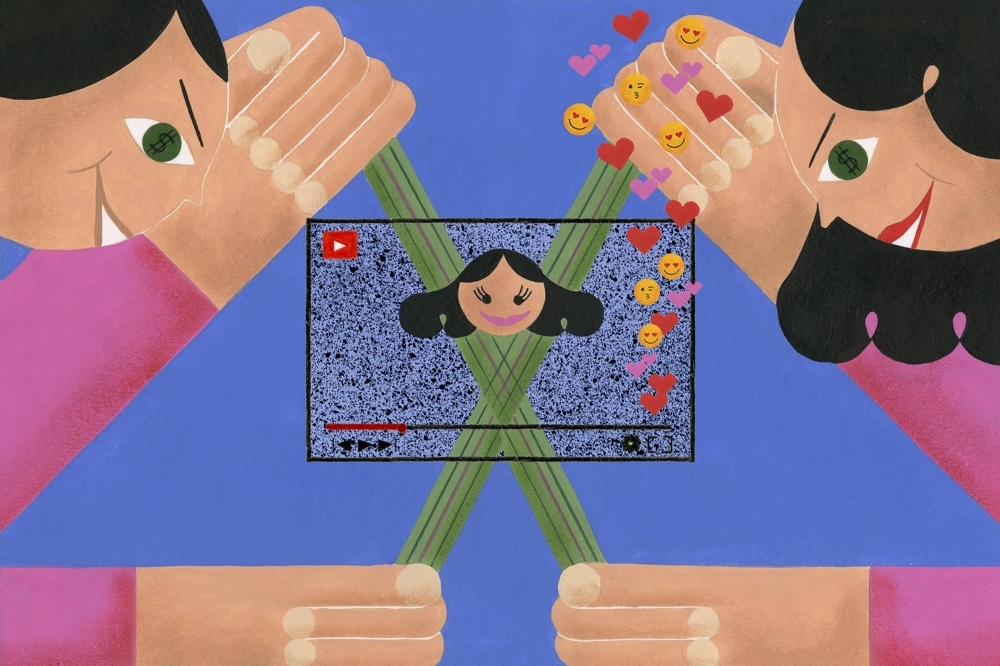By now, the story of Britney Spears’ conservatorship and its eventual unraveling is well known: For years, Spears was trapped in a legal situation in which most of the money she earned went to her father, who controlled not only her finances, but things like her medication, her performance schedule and more.
Spears’ story spurred an examination of conservatorship laws, and that may have helped prompt recent assessments of the protections — or lack thereof — available to child influencers.
Like their adult counterparts (and often their parents), these influencers sing, dance, cook, act and recite lines; they work with major brands, like Walmart and Staples; and they earn money through sponsored posts on their social media accounts.



